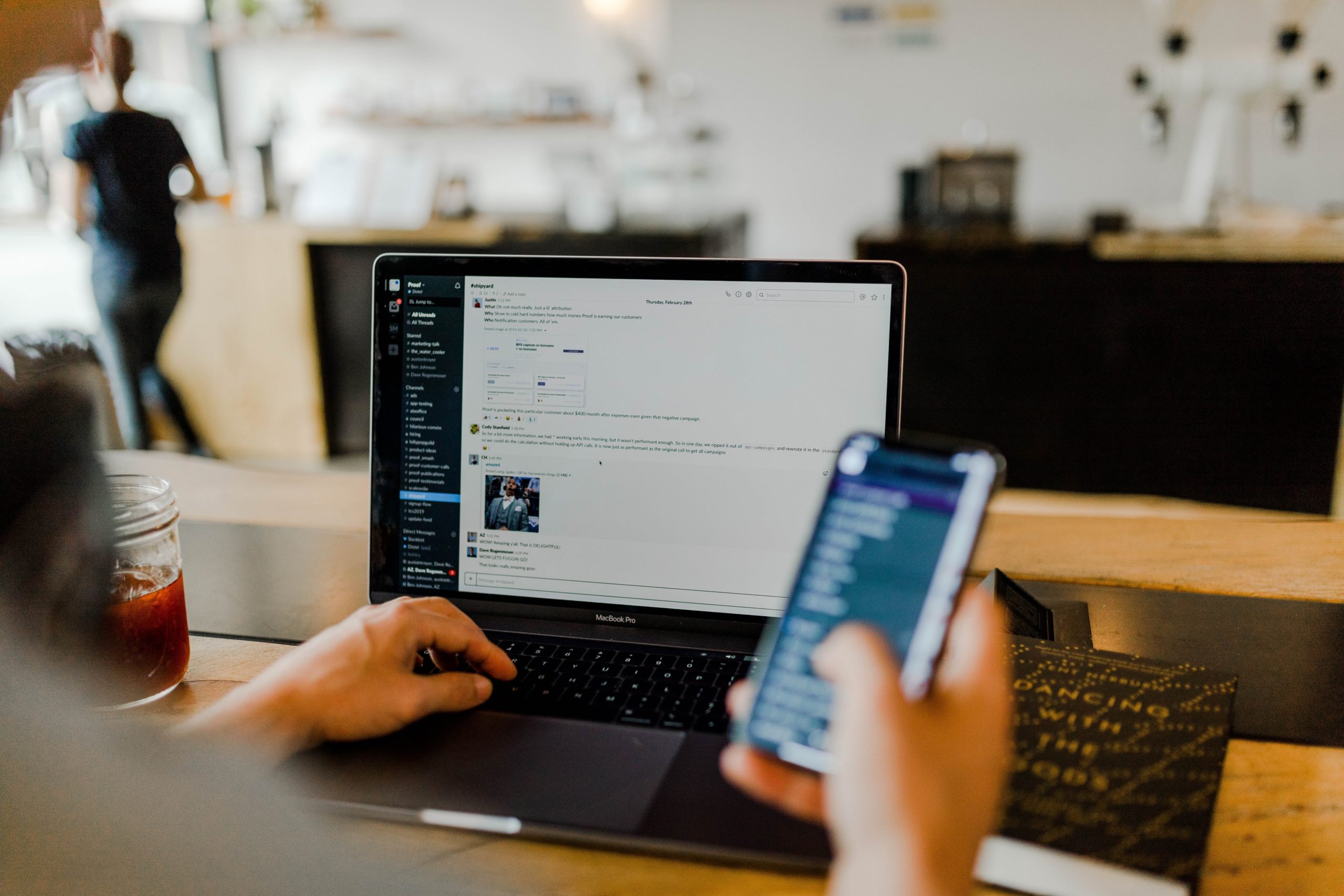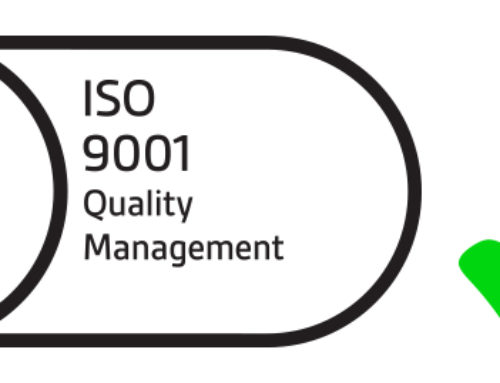 Email protection is such an essential part of data security in any organisation today. The concept is quite broad and comprises many techniques, all built around the safeguarding of digital communications within organisations. This includes measures such as login security, spyware detection and disaster recovery just to mention a few. BBC News released an article informing us of the most recent email exchange hack where hundreds of UK firms were compromised. The cyber-security firm Eset said more than 500 email servers in the UK may have been hacked, and many companies are not aware they are victims of the attack.
Email protection is such an essential part of data security in any organisation today. The concept is quite broad and comprises many techniques, all built around the safeguarding of digital communications within organisations. This includes measures such as login security, spyware detection and disaster recovery just to mention a few. BBC News released an article informing us of the most recent email exchange hack where hundreds of UK firms were compromised. The cyber-security firm Eset said more than 500 email servers in the UK may have been hacked, and many companies are not aware they are victims of the attack.
Accounts can easily be compromised by these attacks, users can be tricked, and so there have to be strategies in place to prevent these issues. We’ve put together a few easy tips and tricks to help secure your account.
Secure passwords
The most common way for a hacker to breach your computer is for them to simply guess your password. Selecting your commonly used password will enable intruders to easily gain access and control a computing device. Always remember that your password is your first-line defence against unauthorised access to your computer and personal information. The stronger your password, the more protected your computer will be from hackers. Setting up a secure password should be at least 8 characters long. Passwords should consist of numbers, symbols, lowercase and uppercase letters. If your longer password is properly constructed, it will offer much more protection than a short password. Always avoid using your personal details such as your name, age or date of birth when constructing your password, these are normally easy to guess.
Access emails from secure WiFi
Although it may be very tempting to open your emails at the coffee shop or airport, these connections can be extremely insecure. Avoid checking your email when you’re on public WiFi. Hackers have the ability to position themselves between you and the connection, making free Wi-Fi a big risk. Instead of having direct contact with the Wi-Fi, you’ll potentially send your private information to the hacker. If you find yourself in a situation where you absolutely must connect to Wi-Fi, using a VPN would be your safest bet. Public wifi will always be a risk, your security isn’t worth being overshadowed for convenience.
Mail filtering
Even though email filtering has been around for longer than we can remember, it serves a more important role in your cybersecurity plan than you may think. Filtering is a simple yet effective procedure, it works by analysing incoming emails for red flags that signal dangerous content and then automatically moving those emails to a separate folder.
Keeping all those risky and tempting emails away from you. Our email filtering offering is a fully managed service that provides primarily anti-virus and anti-spam email protection for both inbound and outbound email.
We hope these few tips can help you. To find out more about how we can work together, get in touch with us at the address [email protected], give us a call on 0121 312 0801 or fill out our enquiry form and one of our experts will be in touch with you within 24 hours.




